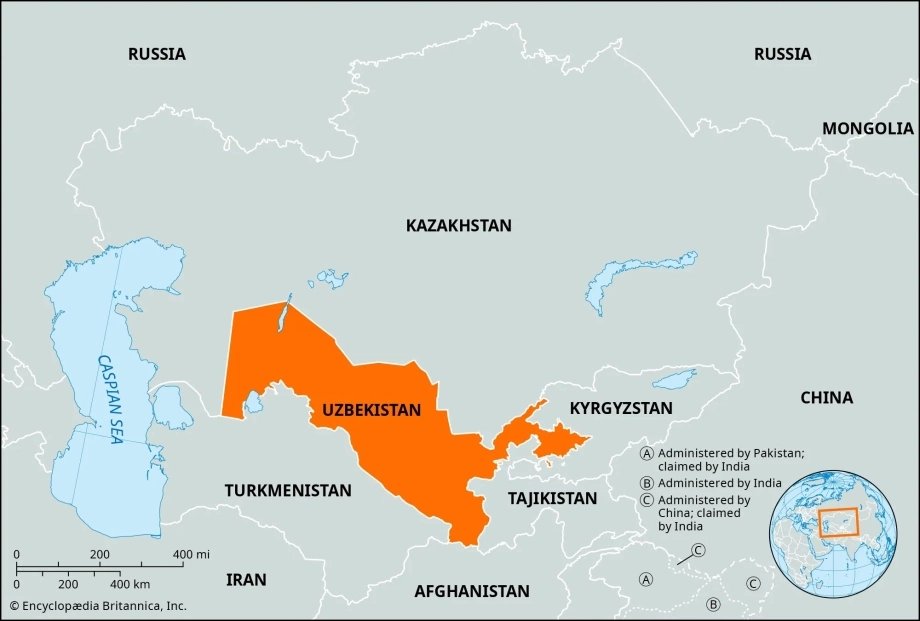In a groundbreaking move that underscores growing geopolitical and economic cooperation, Uzbekistan has officially signed a mineral development deal with the United States. This agreement marks a significant milestone in both countries’ ambitions to secure supply chains for critical minerals and reduce global dependency on traditional suppliers. With the world’s eyes increasingly turning to Central Asia as a vital resource hub, this strategic partnership could reshape regional dynamics and strengthen bilateral relations.
### The Strategic Importance of Critical Minerals
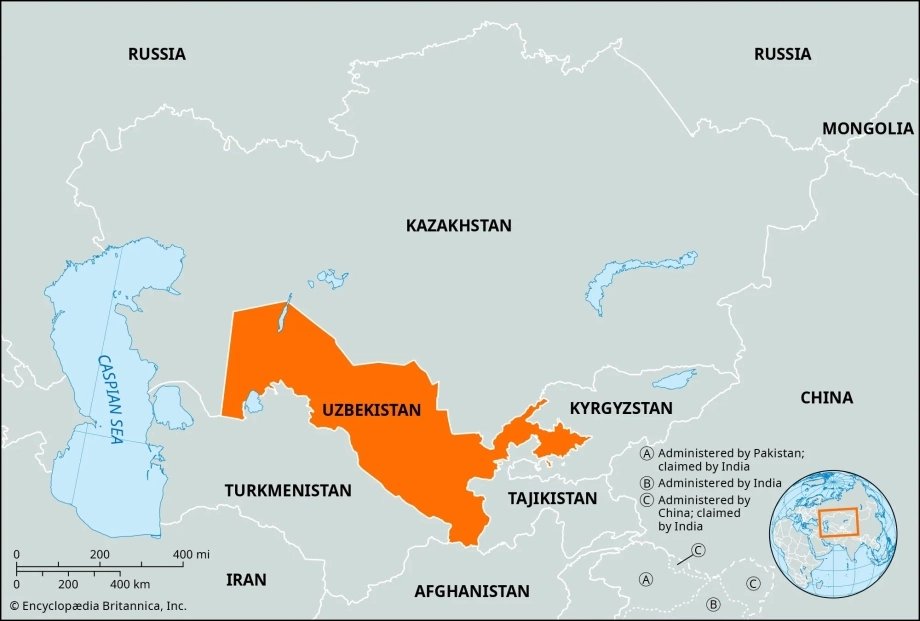
Critical minerals, such as lithium, cobalt, rare earth elements, and uranium, are essential for the production of high-tech devices, electric vehicles, military technologies, and renewable energy infrastructure. As demand for these materials accelerates globally, access to stable, diversified sources becomes increasingly vital. Uzbekistan’s rich and largely untapped mineral resources position it as a key player in the evolving landscape of global supply chains.
The United States, keen on reducing its reliance on foreign powers like China for these essential elements, has been actively seeking partnerships in regions with strategic importance. Central Asia, with its resource wealth and geopolitical positioning, is a natural choice. By aligning with Uzbekistan, the U.S. gains a foothold in a region long dominated by Russia and increasingly courted by China.
### Overview of the Agreement
The newly signed deal includes provisions for joint exploration, development, and processing of mineral resources in Uzbekistan. U.S. companies will have access to some of Uzbekistan’s most promising mineral sites, with a focus on sustainable mining practices and advanced technology transfer. In return, Uzbekistan is expected to benefit from foreign investment, modern equipment, workforce training, and broader integration into international markets.
The agreement also outlines regulatory harmonization, transparency standards, and environmental safeguards. These measures aim to attract more foreign investors and ensure that mineral development is environmentally responsible and economically viable.
### Economic Benefits for Uzbekistan
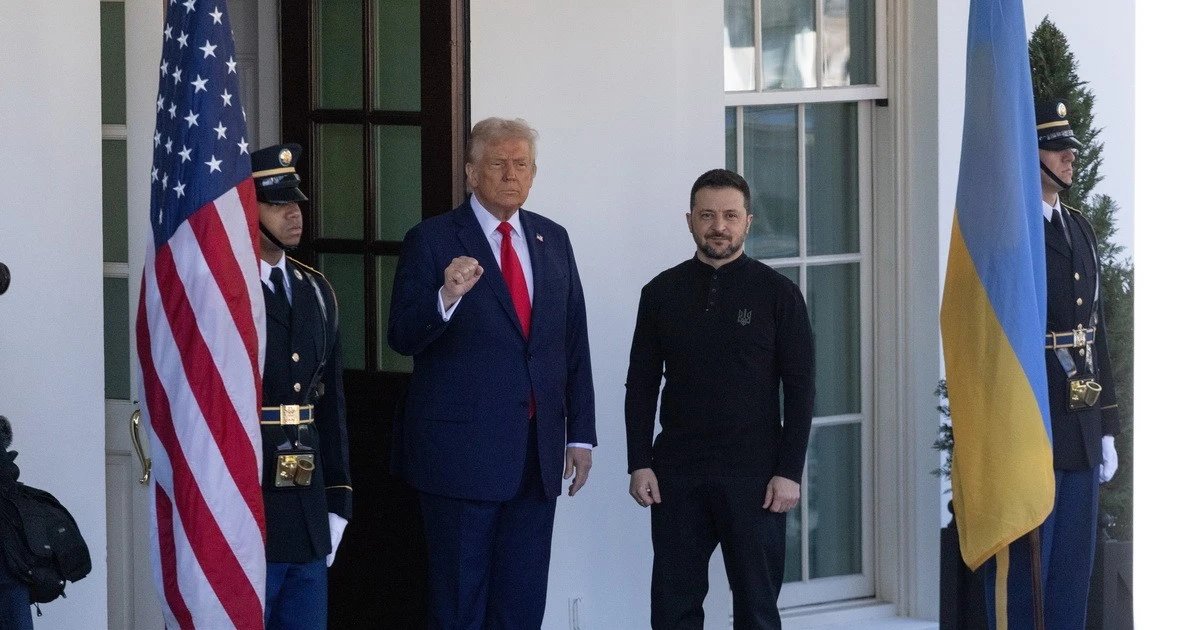
For Uzbekistan, the deal offers a significant opportunity to diversify its economy, which has traditionally relied on sectors like agriculture, natural gas, and gold. Developing the country’s critical minerals sector could dramatically increase export revenues and foster industrial growth. It will also help reduce unemployment by creating new job opportunities across mining, logistics, and manufacturing sectors.
Moreover, Uzbekistan’s focus on economic reform and openness under President Shavkat Mirziyoyev has made it a more attractive destination for Western investors. This mineral deal is a testament to the success of these reforms and a sign of growing international confidence in Uzbekistan’s future.
### A Strategic Win for the United States
From Washington’s perspective, this partnership is a strategic move in the global competition for mineral dominance. As the clean energy revolution accelerates, so too does the need for reliable access to the materials that power it. By securing a stable supply of critical minerals from a friendly, reform-minded nation, the U.S. is better positioned to meet domestic industrial demand and strengthen national security.
This deal also aligns with broader American foreign policy goals in the region—counterbalancing Chinese influence, promoting democratic governance, and fostering sustainable economic development in emerging markets.
### Environmental and Technological Collaboration
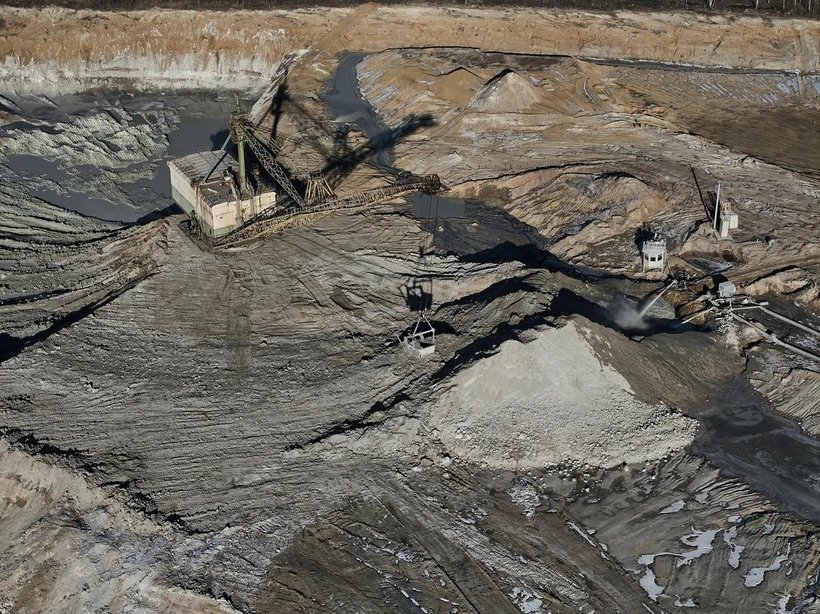
A notable feature of the deal is its emphasis on environmentally sustainable practices. The U.S. has committed to sharing its expertise in eco-friendly mining technologies and environmental impact mitigation. This includes water-saving techniques, waste management systems, and renewable energy integration in mining operations.
Such collaboration not only enhances Uzbekistan’s ability to mine responsibly but also sets a precedent for how developing countries can grow their mining sectors without sacrificing environmental integrity.
### Reinforcing Geopolitical Ties
This mineral deal reflects a broader warming of ties between the U.S. and Uzbekistan. In recent years, both nations have sought to expand their diplomatic and economic cooperation. High-level visits, increased trade, and joint security initiatives have all contributed to a deepening bilateral relationship.
The agreement serves as both a symbol and a vehicle for this partnership, reflecting mutual interests in regional stability, economic growth, and technological innovation. It also signals to other Central Asian nations that diversifying international partnerships beyond traditional powers like Russia and China is both possible and beneficial.
### Regional Implications and Reactions
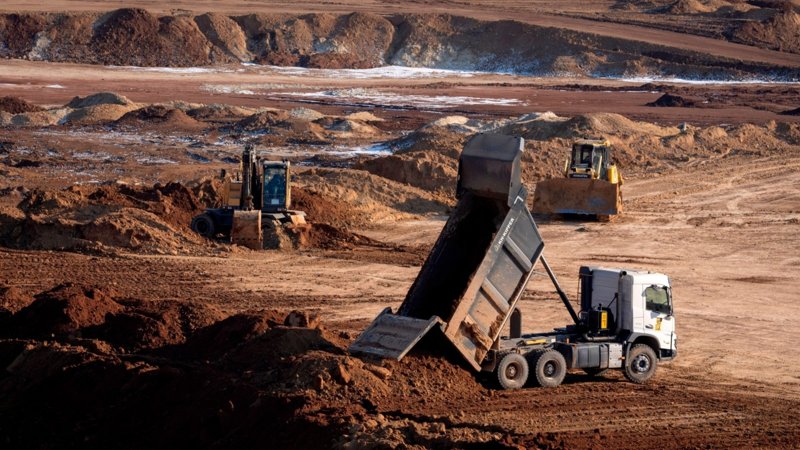
The Uzbekistan-U.S. mineral deal is likely to have ripple effects throughout Central Asia. Neighboring countries such as Kazakhstan, Kyrgyzstan, and Tajikistan may be inspired to pursue similar partnerships, leveraging their own mineral wealth to attract Western investment and technological support.
At the same time, global powers like China and Russia will be watching closely. Both nations have historically maintained strong influence over Central Asia, and any shift in alliances could provoke diplomatic recalibrations. China, in particular, has invested heavily in Belt and Road infrastructure projects across the region, including mining ventures. The U.S.-Uzbek deal could be seen as a counterweight to that influence.
### Security and Stability Considerations
While the economic benefits are clear, there are also security implications. Ensuring the safety of foreign workers, protecting mining sites, and maintaining political stability will be critical to the success of this partnership. The deal includes joint efforts to improve security infrastructure and law enforcement cooperation to safeguard investments.
Furthermore, the increased presence of American companies and interests may encourage Uzbekistan to continue democratic reforms and strengthen rule of law, knowing that political stability is a prerequisite for sustained foreign investment.
### Infrastructure Development and Trade Routes
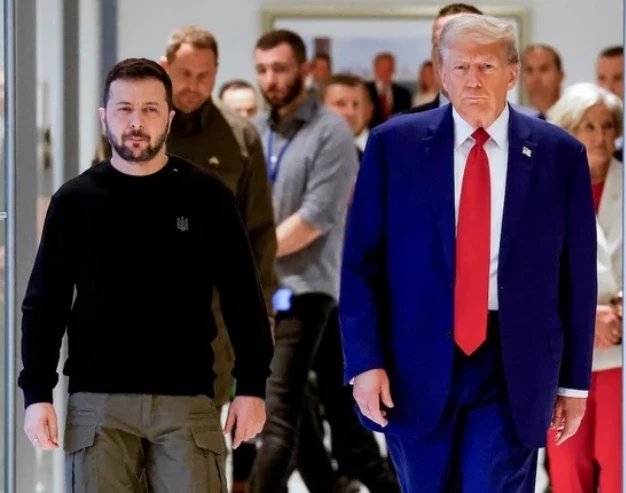
The mineral deal is also expected to drive infrastructure improvements in Uzbekistan. In order to export these valuable materials, the country will need to enhance its transportation networks, including railways, roads, and border facilities. The agreement includes a clause for U.S. assistance in modernizing such infrastructure, with potential investment in digital logistics platforms and smart port technologies.
Improved connectivity could also help Uzbekistan become a key transit hub in Eurasian trade routes, further boosting its geopolitical relevance and economic potential.
### Education and Workforce Development
Another pillar of the agreement is human capital development. The U.S. plans to sponsor educational exchanges, technical training, and workforce upskilling programs focused on mining and related technologies. This investment in people is essential to building a skilled labor force capable of managing advanced mining operations and sustaining long-term industry growth.
Universities and vocational schools in Uzbekistan will receive support to establish new programs, while Uzbek students and professionals may benefit from scholarships and internships in the United States.
### Sustainability and Global Impact
The Uzbekistan-U.S. mineral deal could serve as a model for sustainable, equitable international resource partnerships. By prioritizing transparency, environmental stewardship, and community engagement, both nations are setting a standard for responsible resource development in the 21st century.
As global demand for critical minerals continues to soar, such partnerships could redefine how nations cooperate on resource management—balancing economic interests with environmental and social responsibilities.
### Future Prospects
Looking ahead, the success of this deal may pave the way for additional agreements, not only in minerals but in other sectors like energy, agriculture, and technology. It may also encourage multilateral cooperation involving other countries and institutions.
The World Bank, Asian Development Bank, and other international organizations could play a role in scaling up such initiatives, ensuring that the benefits extend beyond borders and promote inclusive growth across Central Asia.
### Conclusion
The signing of the mineral development deal between Uzbekistan and the United States marks a pivotal moment in both countries’ economic and geopolitical trajectories. For Uzbekistan, it opens doors to modernization, investment, and global integration. For the United States, it ensures access to vital resources while expanding influence in a region of strategic importance.
This agreement goes beyond business—it is a statement of mutual trust, shared vision, and long-term collaboration. As the global economy becomes increasingly reliant on critical minerals, such alliances will shape the future of industries, international relations, and sustainable development.
